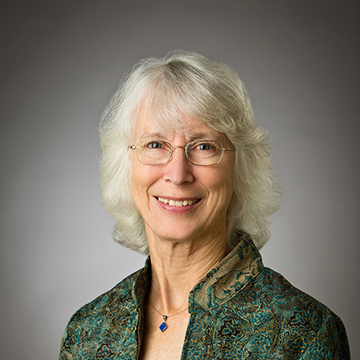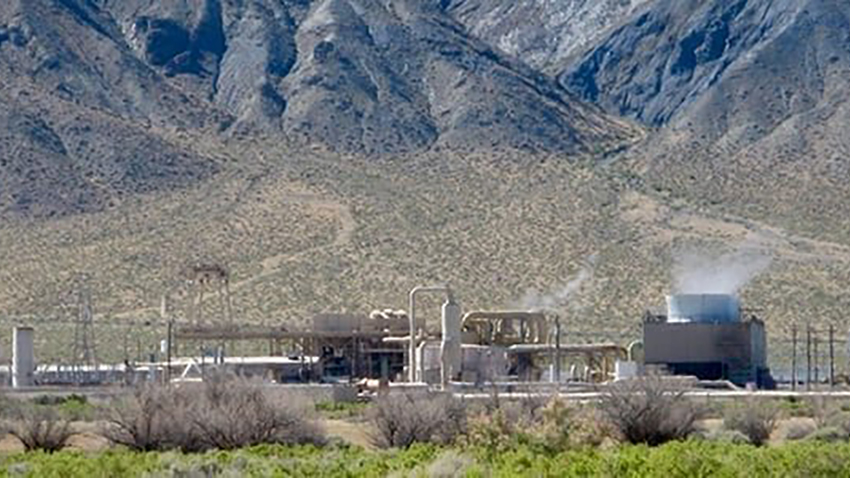EAS fully engaged as CUBO begins drilling in June
The Cornell University Borehole Observatory (CUBO) will begin early in June and many EAS members are in the action. Non-stop preparations have been in motion for the last several months, involving EAS... Read more about EAS fully engaged as CUBO begins drilling in June



